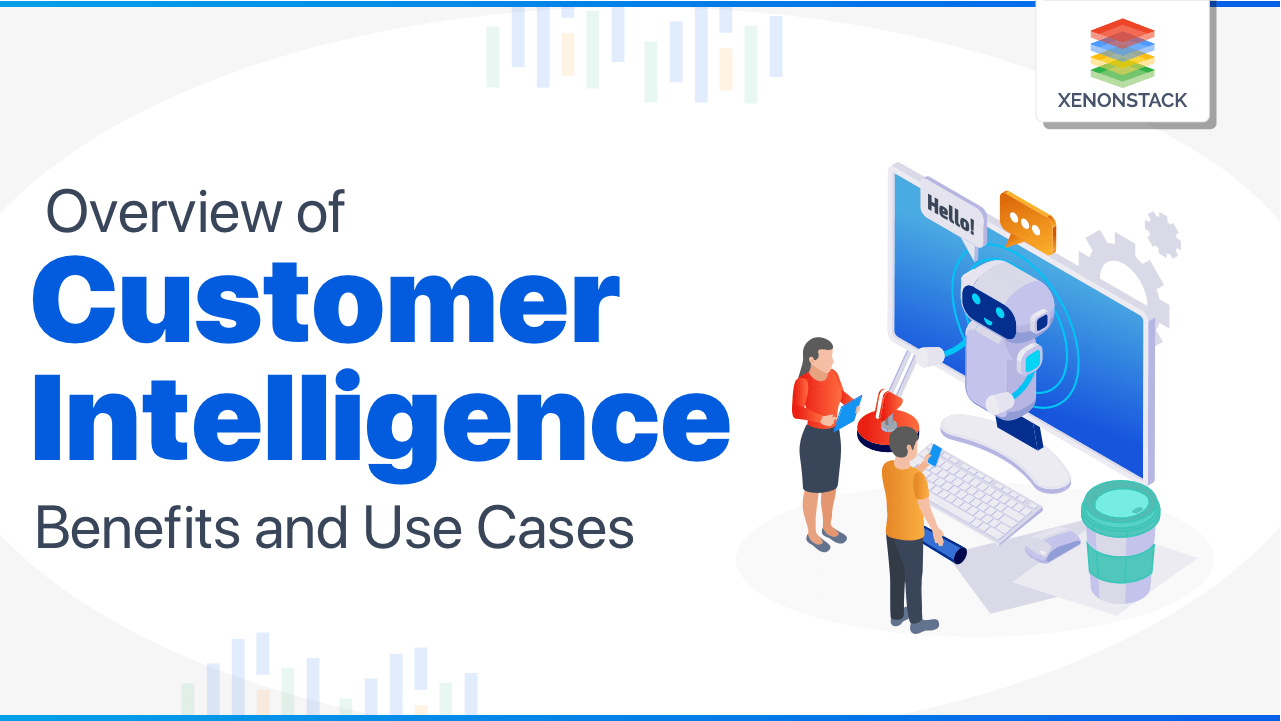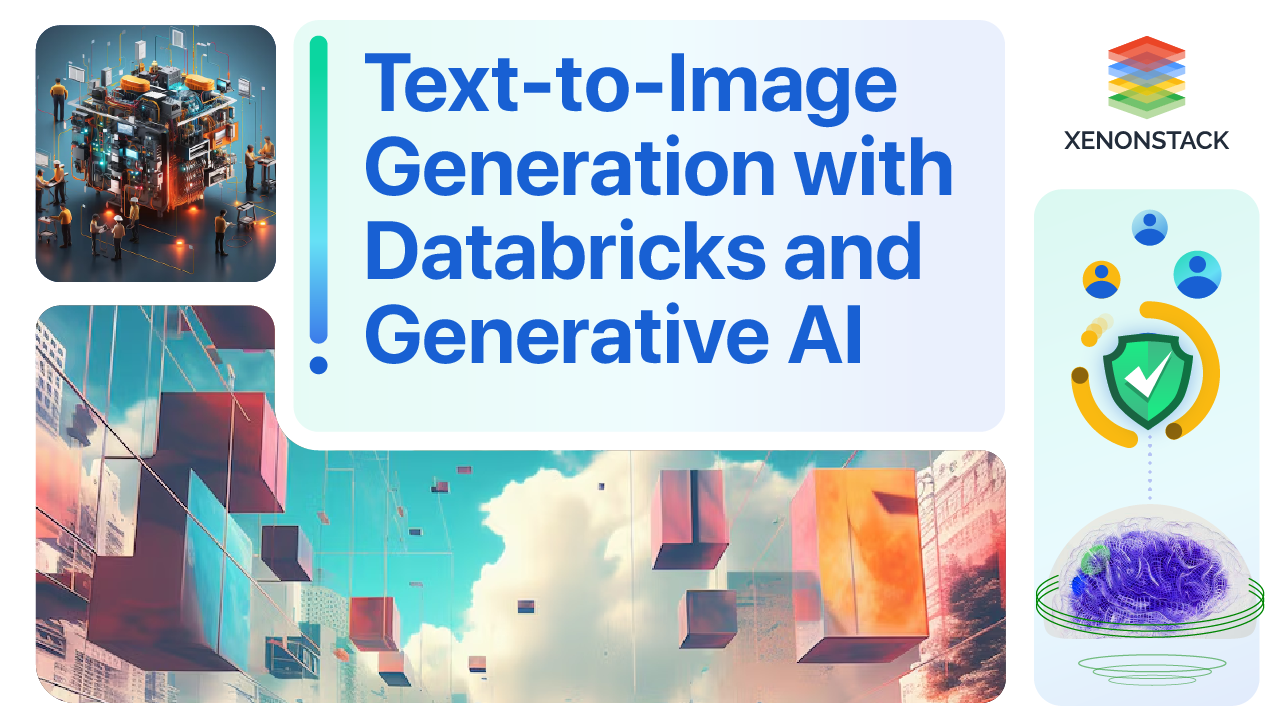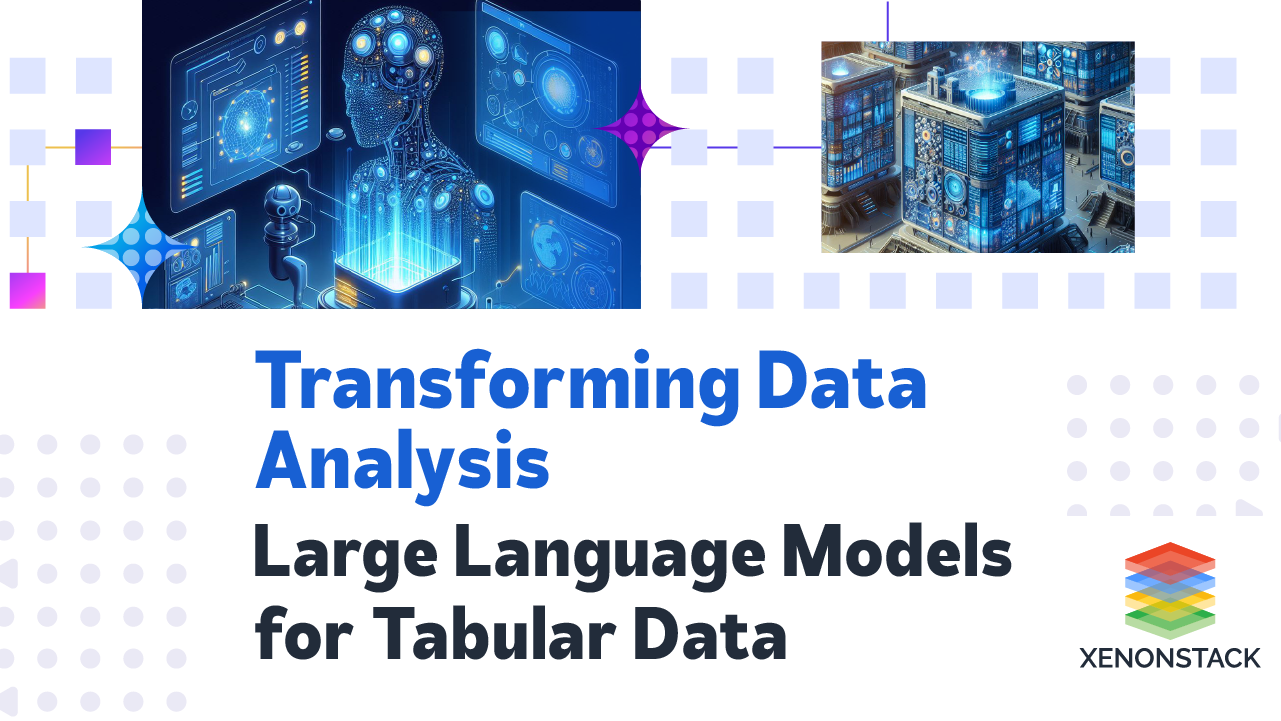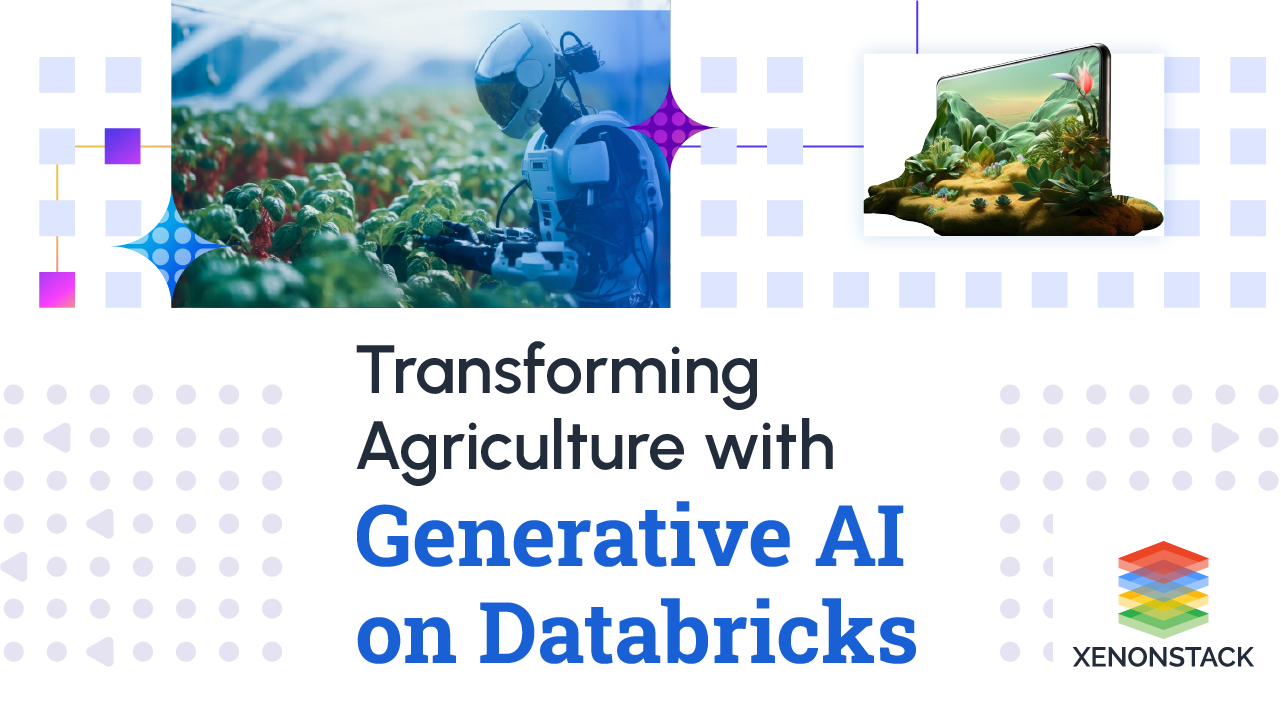
What is the use of Customer Intelligence?
1. Behavioral Segmentation
Behavioral segmentation divides the whole population into segments based on the same pattern followed by customers. Customers may have the same previously purchased products, similar reactions to messages, and similar feedback.
2. Geo-Targeting
Apps like online food delivery use customers' locations to offer the closest restaurant to the customer. It is the easiest and effective way to customize messaging and offers.
3. Personalization
The company will do personalized messaging and provide offers accordingly based on the customers' behavioral segments, known preferences, or buying patterns.
4. Modeling User Flows
User Flow is a path the user takes on a website or an app while completing the task. Businesses can monitor users’ movements through their journey with the help of customer intelligence and enable businesses to model user flows on-site and identify improvements to optimize the user flows. For example, when a person arrives at an online store, the products he searches, products added to the cart, and finally, the purchase is a user flow.
Benefits of Customer Intelligence Solutions
Using the intelligence will benefit the company from any sector. Some of the advantages are:
- Data-driven decisions: Collecting and analyzing customer data in detail will help the companies make data-informed decisions. These decisions will lead the company to take steps that will benefit its customers the most.
- Personalized Marketing: A customer intelligence system enables highly personalized customer interactions.
- Customer Satisfaction: The personalized interaction achieved from the intelligence will help in better customer satisfaction, which helps to increase the Net Promoter Score and other attributes.
- Customer Retention: It will help reduce the organization's customer retention challenges.
- Keeping up with Market Changes: E-commerce and retail industries are changing very fast. It is not affordable for any company to be behind the market. Customer intelligence will make a company aware of the latest trends and people's interests.
A good approach will give an organization a clear view of its marketing efforts. It focuses on the customer journey, which can help the company keep track of marketing activities bringing in better communication.
Artificial Intelligence can help create machines to perform specific tasks that normally require human intelligence. Click to explore our, AI Adoption Challenges and Solutions
What is the Intelligent Approach to Customer Intelligence?
Data Collection
The first step in the process is to collect data. Various types of data are collected for customer intelligence.
-
Demographic: The company can collect demographic data from surveys, statistics, records, and accounts, which will give information about who the customer is.
-
Psychographic: The psychographic data is needed to know the customer’s personality and attitude. This data type can be collected from customer interviews, reviews, questionnaires, and surveys.
-
Behavioral: This data will give customers how they behave when they interact with its products and services. This data can be collected from the company’s website by monitoring the customer’s activity, comments, and mobile browsing.
-
Transactional: The data describes how the customer spends on the company’s products and services. It can be collected from payment methods, transaction data, order information, etc.
Evaluate the data / Analyze the data
The next step in the customer intelligence process is to analyze the collected customer data. Businesses can use various analytics tools to analyze the data and segment their customers based on their behavior and feedback. Companies can also pick up metrics that matter to their business and give a 360-degree view of their customers.
Share Insights
After analyzing the data, the next step is to share the insights obtained with the organization. It can be achieved using dashboards, reports, and customer journey maps.
Customer Intelligence By Customer Journey Mapping
This will help the companies to understand how, where, and when the customers have experienced the brand, creating a proper channel for customer intelligence through data collection and communication.
To achieve a successful customer experience, the company needs to measure the customer’s perception of the company from time to time. Businesses use some platforms to gather insights from customer journey mapping.
- Physical Location: When a customer comes to the store, restaurant or hotel, etc., the company can collect feedback from customers at the location itself.
- Emails: It is the easiest way to collect feedback from customers. Whenever a customer completes a purchase, the system automatically sends a message to give feedback.
- Website: If the company has an online retail store and customers visit the website more often, they can communicate with their customers and gather feedback from the website.
Explainable AI in manufacturing improves efficiency, workplace safety, and customer satisfaction by automating their tasks. Click to explore our, Explainable AI in Manufacturing Industry
Use Cases of Customer Intelligence
Several industries can benefit from customer intelligence, leveraging data to understand and serve their customers better. Some of these industries include:
E-commerce and Retail: Customer intelligence plays a pivotal role in enhancing the overall customer experience within an ecommerce ecosystem. It enables businesses to make informed decisions, develop personalized strategies, and enhance customer experiences
Financial Services: Customer intelligence helps in identifying patterns, unusual suspicious activity, and risks such as bad debt or fraud, depending on the information about the customer
Healthcare: In the healthcare industry, customer intelligence can be used for personalized care, allowing businesses to understand individual patient needs and provide tailored services
Manufacturing: Customer intelligence in manufacturing can improve efficiency, workplace safety, and customer satisfaction by automating tasks and identifying patterns
Marketing: Customer intelligence is widely used in marketing to understand clients on a deeper level, boost brand exposure, and drive revenue
Conclusion
Adopting technologies for providing improved customer experiences is key to making more profits and customer retention in an organization. If the company wants to stand out from the competition, it should start using customer intelligence seriously to make informed data-driven decisions.
The insights organization will get from customer intelligence will increase brand loyalty and make the business ready to face any change in the industry.
Know more about Building Customer Contact Center using AWS Connect
Explore more about What is Real-Time Intelligence?
Read more about Ethical AI in Healthcare and its Principles





